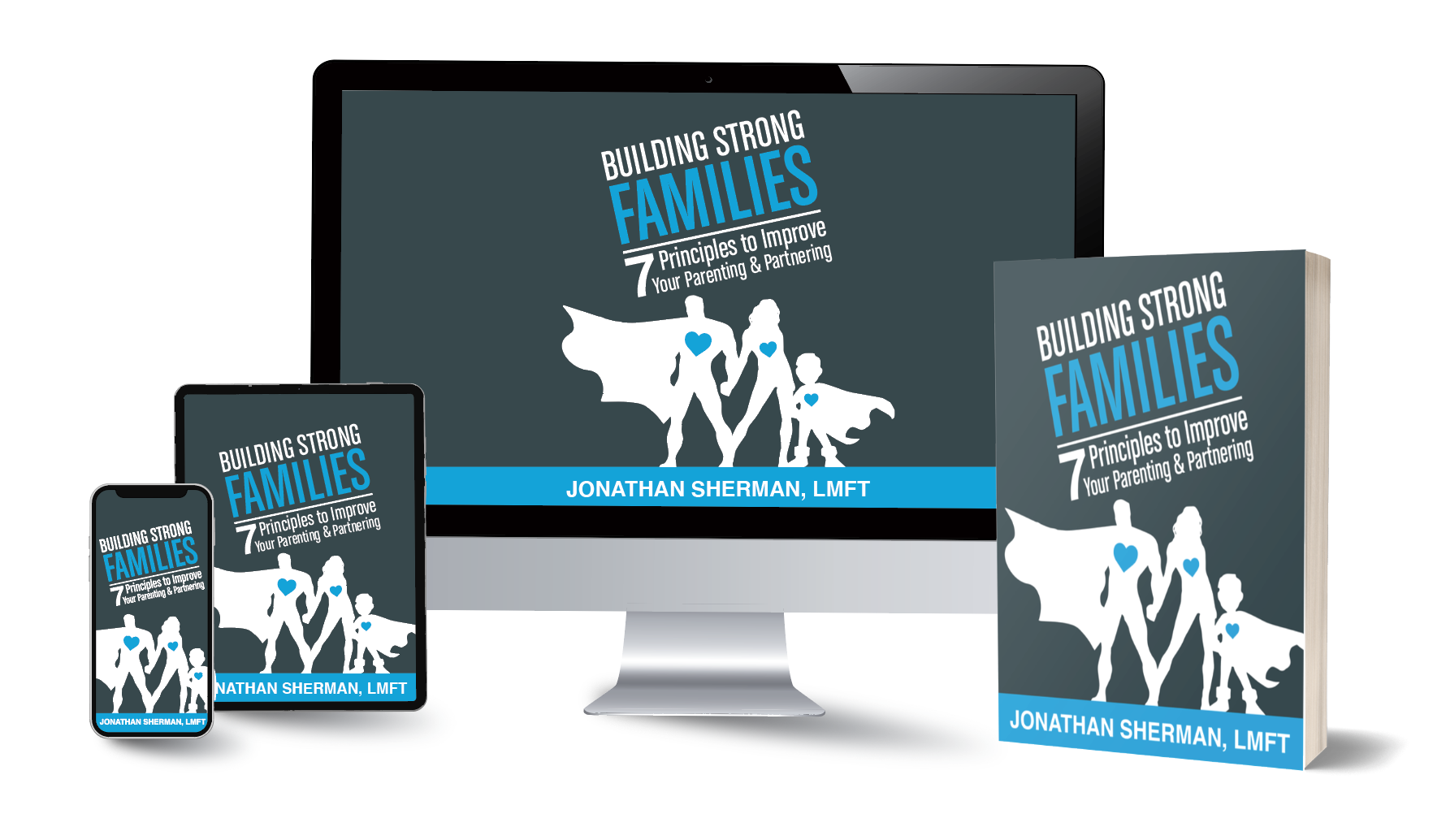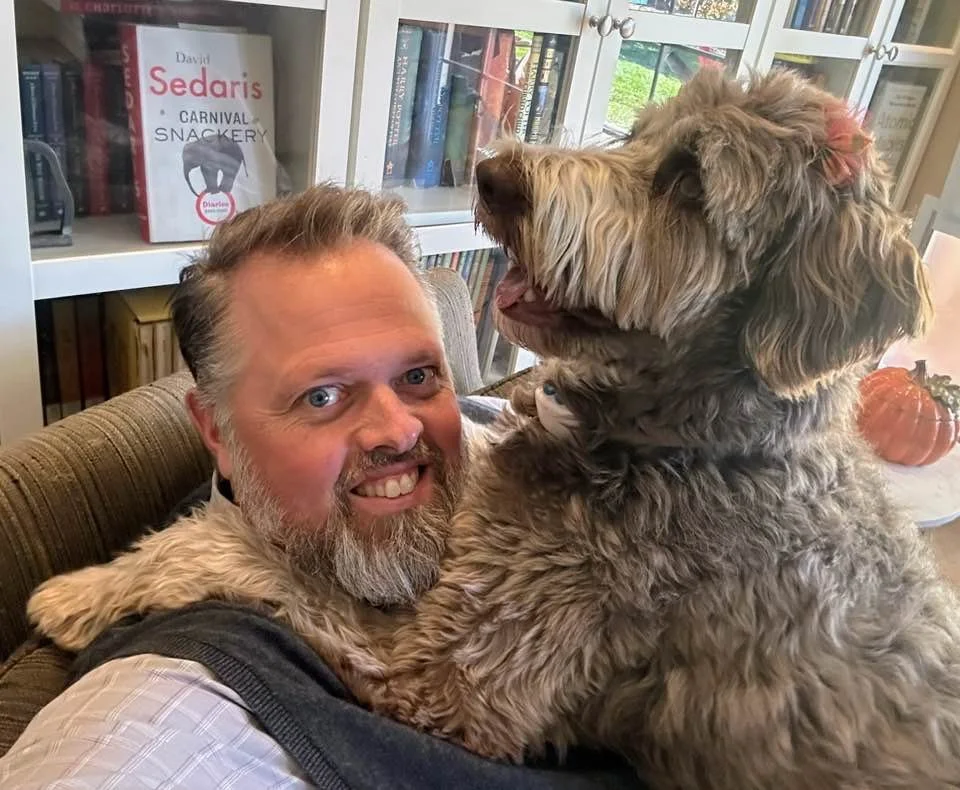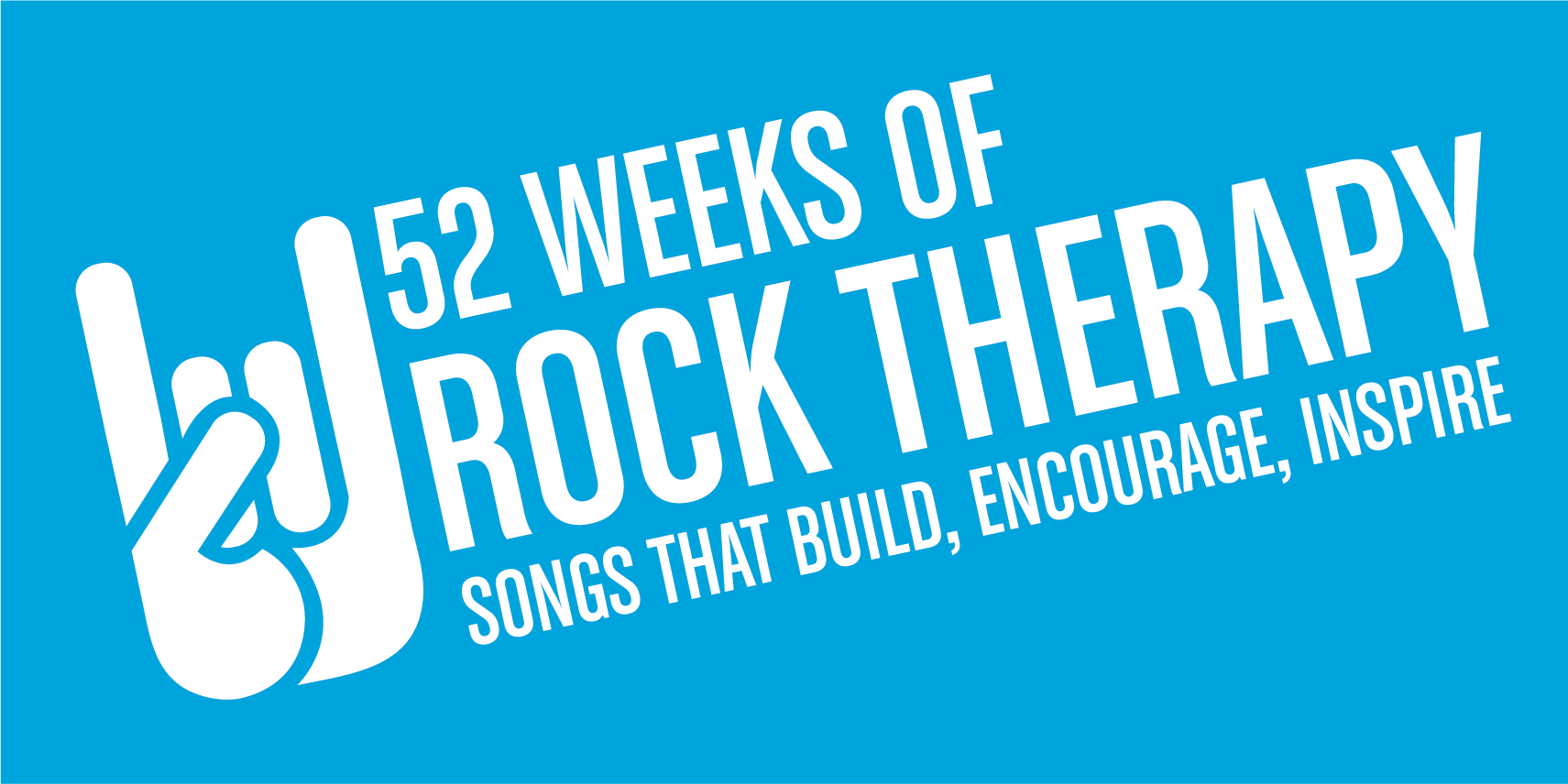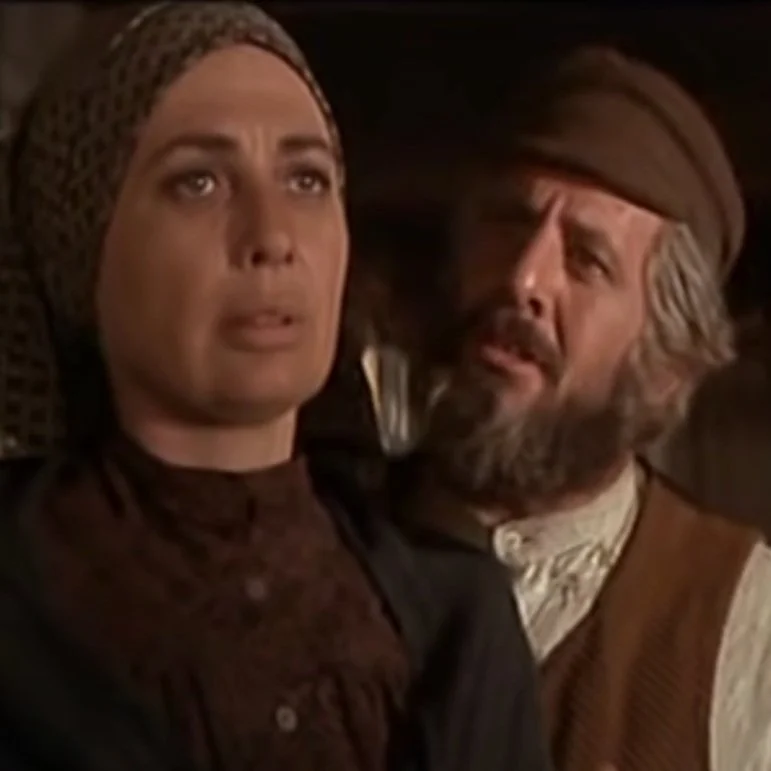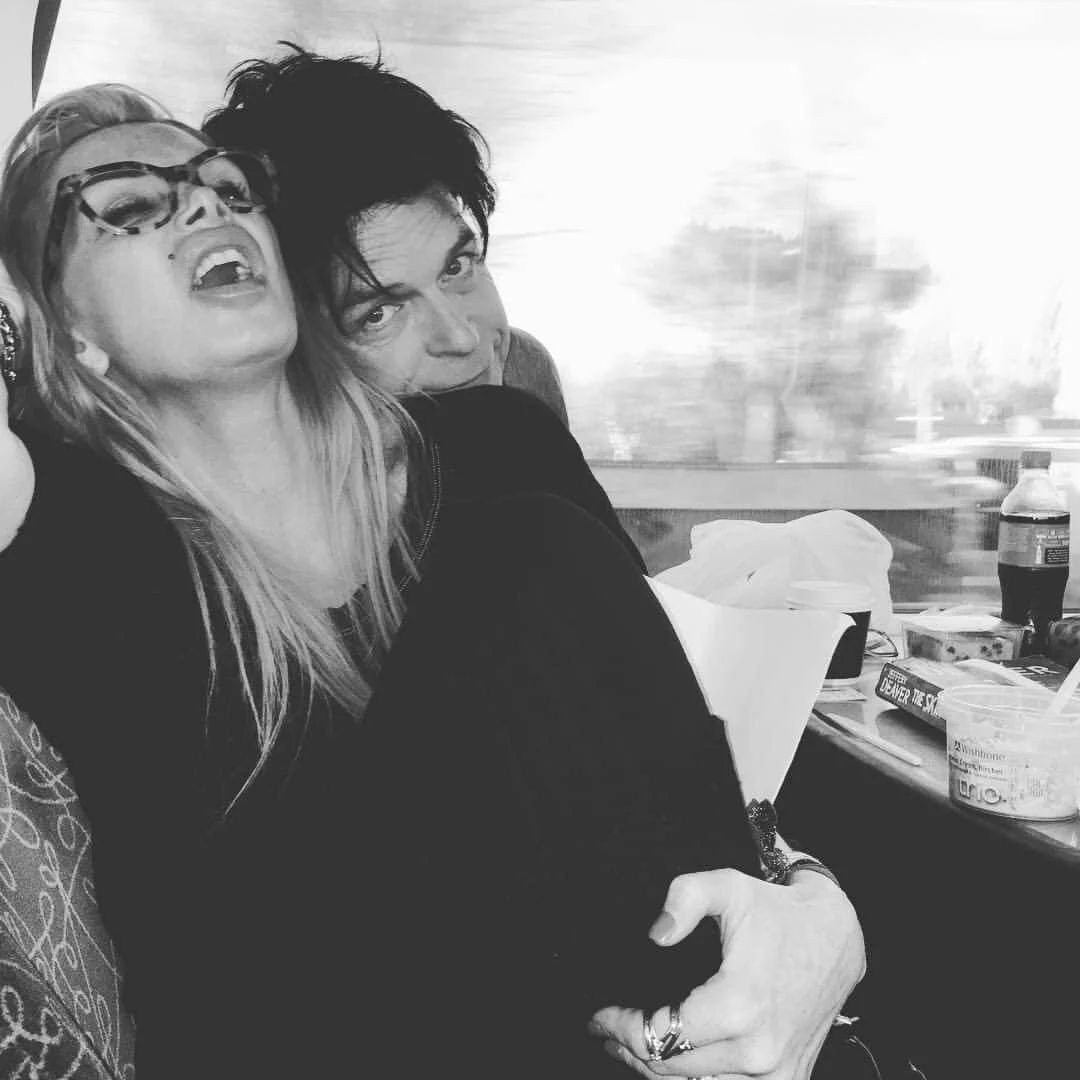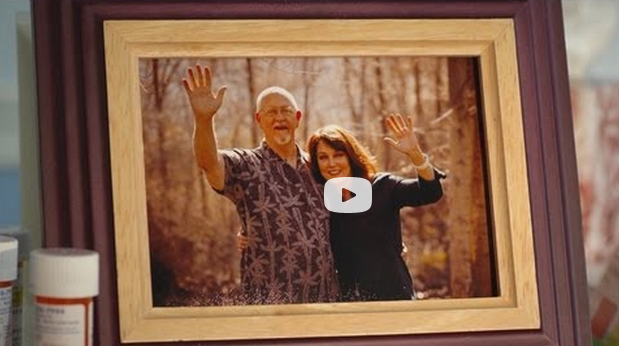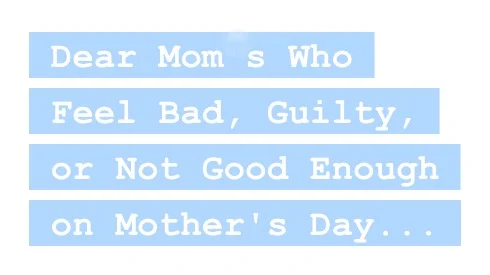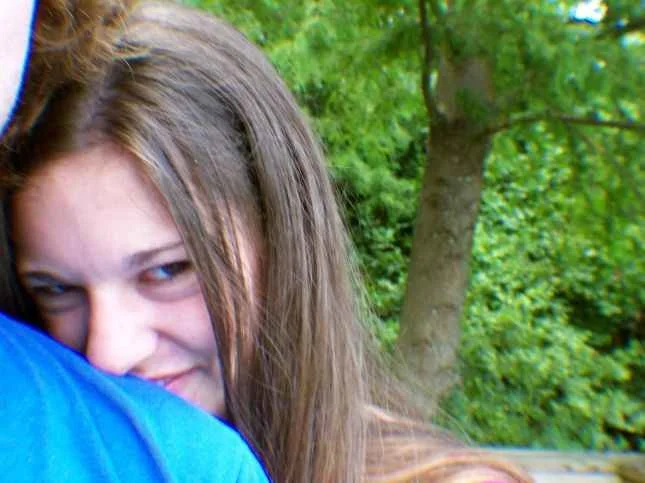Thoughts on Nonviolence and MLK, Jr.'s Legacy
/Martin Luther King, Jr. Day is a more than a holiday to me, it is a Holy Day where I honor not only this great man, my hero, but even more importantly the principles he took a stand for. When I think of the people who have influenced not only my thinking, but who have shaped the nature of my soul and the "content of my character" it is Martin Luther King, Jr. and Mohandas K. Gandhi (whose work greatly influenced and inspired MLK's work, and was one of MLK's heroes). This is a holy day to me because the principles of nonviolence are sacred to me in my personal life and my professional work in ending abuse and violence and increasing peaceful, loving relationships at home, work, community and school (my "Be the Answer: Solutions to Bullying" school assembly and intervention program is largely influenced by MLK's and Gandhi's nonviolent movements).
Believe the experiencer's experience
I participated in a multi-racial group hosted by Darron Smith, Ph.D. called "Colorblindness Is a Myth" where we discussed how racism continues to impact people of color, especially blacks. The salient point arose of people speaking for others experience, like a white person saying, "I understand" about a black person's experience with racism, which can stir feelings of frustration. I was invited to participate in the group for my perspectives and ability to bring balance and shared perspective in the midst of seemingly opposing views. So I shared with the group the concept of maintaining a "stance of curiosity" and "believing the experiencer's experience" as it is.
I suggested that in regards to these discussions specifically, as well as in relating to people in general: Believe the experiencer's experience with a stance of curiosity rather than of pre-conceived 'knowing'. I believe this is a central part to truly understanding someone different from us, which is at the core of enacting nonviolence.
"Believing the experiencer's experience" is a relevant skill generally in my work and in life and was specifically relevant in this group here: How can I as a white man fully know the black experience? I cannot. But I can listen and believe and have my awareness expanded and even challenged. Over the years, I have heard my brothers and sisters of all races speak for other races experience as if they could know. How can this be done accurately? I don't know if it can. Rarely does the other side feel accurately represented or understood. All I can do is learn.
If I cannot fully understand through experience, I can simply believe the experience of others—that their experience is real. Why would I need to argue with one's experience? Fortunately, I don't. I have found in my work as a therapist working with so many from so many different backgrounds and experiences that my most effective stance is gettting comfortable with being in a state of not-knowing and embracing curiosity. It is only then that I am able to learn what is possible for me to learn. And the "Colorblindness Is a Myth" group was a good forum for me to learn.
A black gentleman in the group who was good at challenging our thinking, and whom I greatly respect, told me, "Methinks you are of John Brown's ilk. John Brown is one of my favorite 'war heroes,' even a paragon for any white involvement for the destruction of white supremacy. John Brown's actions, that is to say, have demonstrated to me that John Brown would've done anything—by any means necessary—to destroy the pernicious reality of white supremacy [including violence]. And NOT only John Brown, but his white comrades/cohorts John Henry Kagi, Owen Brown, and Edwin Coppock—all white, courageous men who have been men of ACTION. Indeed, my children will remember the brotherhood that these aforementioned white men have exemplified at Harper's Ferry. At any rate, I try to take this selfsame approach, even as it pertains to the homophobia/heterosexism, sexism, agesim, and ableism within myself. Also, methinks that without first removing any beam within my very own eye(s), I will NOT perceive reality as I ought, including, but not limited to, perceiving the mote that is within another's eyes."
I replied to him, "Beam/mote. So true. A stance of curiosity keeps me more fully rooted in owning my own perceptions (beam) vs. trying to "correct" others perceptions (mote). I am humbled if you think I am of John Brown's ilk. Thank you. I have given thought to some of your comments and our discussion that have stuck in my mind regarding violence/nonviolence. I feel I need to be forthright about my strengths and weaknesses here. I strive to be the man that follows the noble, and yes even practical, examples of Gandhi, MLK, and Christ. Yet, I know I have a violent man inside of me as well that would have no problem pulling my shotgun on any intruder of my home. I don't know who said it, but he said, "Every man is made up of two men: the man he is and the man he wants to be." Anciently these two sides I experience have been depicted as the Taoist ying yang or in the scriptures as the natural man and the spiritual man. These two sides are not easy to reconcile. I'm sure I am not alone in this.
"I do not want to come across on these posts as one who has tamed my shadow self (as Carl Jung would call it) fully nor do I now if I ever will. I do think I would rise up in violence without a second thought to protect any member of my family—I have felt it strongly within myself and without shame. Yet, do I still at the same time embrace as dear to my heart all that nonviolence espouses as I have seen it enrich my life and those I serve so much? Yes. Is this a contradiction? Yes. Is there hypocrisy there? Maybe. All I can say in my defense (not that I need a defense here, do I, since it is only I who am charging myself!) is to repeat the great quote by Walt Whitman: "Do I contradict myself? Very well, then I contradict myself, I am large, I contain multitudes." (I love his blatant confidence and cockiness and even moreso the truth in those words). So in my own confidence of nonviolence as a powerful and correct stance, I recognize my own internal conflict. Just think it's fair to put that in the open.
Is nonviolence truly practical and relevant today, or has it been watered down?
The afore-mentioned gentleman responded, "I do understand. But I am still persuaded that this notion of 'nonviolence' to which you refer has been co-opted by the powers that be, even to strategically pacify the indignation of the masses, especially black folk, strategically. Hence, I am exceedingly suspicious of it. For one, 'nonviolence' is certainly not biblical."
I replied as follows: "I understand the suspicion of nonviolence. Gandhi and MLK had many detractors and skeptics among their own ranks and spent a LOT of time and energy persuading their followers and their enemies (ie "the powers that be") that not only was their radical approach noble but even more importantly it was highly potent and effective.
"But not biblical?! Really? Maybe not the Old Testament but the New Testament is chock-full of Jesus preaching, among many other teachings of peace and nonviolent approaches, the following:
"For all they that take the sword shall perish with the sword." —Jesus, Matthew 26:52, The New Testament
and
"Ye have heard that it hath been said, An eye for an eye, and a tooth for a tooth: But I say unto you, That ye resist not evil: but whosoever shall smite thee on thy right cheek, turn to him the other also. And if any man will sue thee at the law, and take away thy coat, let him have thy cloke also. And whosoever shall compel thee to go a mile, go with him twain. Give to him that asketh thee, and from him that would borrow of thee turn not thou away. Ye have heard that it hath been said, Thou shalt love thy neighbour, and hate thine enemy. But I say unto you, Love your enemies, bless them that curse you, do good to them that hate you, and pray for them which despitefully use you, and persecute you." —Jesus, Matthew 5:38-44, The New Testament
That IS nonviolence and the core of MLK's beliefs as a devout Christian and brilliant preacher. MLK took nonviolence as his central tenant—it was a core strategy, not ancillary. His writings are replete with example after example, urging after urging for people to understand the true nature of nonviolence as the most effective and moral form of resistance. His arguments for nonviolence to which he refers are extremely convincing based in the most profound reasoning. To believe that MLK was following a co-opted "notion of 'nonviolence'" by the powers that be would be both laughable and offensive to his legacy. If any here have not read the body of his work I highly recommend it to all (The Martin Luther King Papers Project has it all: http://mlk-kpp01.stanford.edu/).
Nonviolence most certainly is biblical to the very core of Christ's teachings. Christ's ancient teachings were the very core of MLK's beliefs. Gandhi's modern day model of nonviolence also was not co-opted by the powers that be but was uniquely his and owned by the "rabble" of the powers that weren't. Gandhi's model was the model for MLK's nonviolent movement of which he openly gave Gandhi credit for. This is the nonviolence (not "nonviolence" in belittling quotation marks) of which I refer.
Bottom line: Whether "nonviolence" is currently being co-opted by the powers that be or not that is by no means what I refer to. I hope that is very clear. If it is being co-opted though, then that is all the more reason for us to FULLY own the true nonviolence that is the legacy of the truly great who have come before us—those who showed us by example vs. rhetoric how to enact real change through powerfully nonviolent means. They have given us the legacy to use it not squander it.
How is nonviolence accomplished?
"In any nonviolent campaign there are four basic steps: collection of the facts to determine whether injustices exist; negotiation; self purification; and direct action." —Martin Luther King, Jr., "Letter from Birmingham Jail"
It is the self-purification step that is tremendously profound. I have read and re-read this letter and each time (as I'm re-reading it now) I am moved both by his emotion, passion and suffering as I am by his brilliant intellect and pure reason.
"Nonviolent direct action seeks to create such a crisis and foster such a tension that a community which has constantly refused to negotiate is forced to confront the issue. It seeks so to dramatize the issue that it can no longer be ignored. My citing the creation of tension as part of the work of the nonviolent resister may sound rather shocking. But I must confess that I am not afraid of the word "tension." I have earnestly opposed violent tension, but there is a type of constructive, nonviolent tension which is necessary for growth. Just as Socrates felt that it was necessary to create a tension in the mind so that individuals could rise from the bondage of myths and half truths to the unfettered realm of creative analysis and objective appraisal, so must we see the need for nonviolent gadflies to create the kind of tension in society that will help men rise from the dark depths of prejudice and racism to the majestic heights of understanding and brotherhood. " —Martin Luther King, Jr., "Letter from Birmingham Jail"
Amen! Amen! Amen! Let's see the powers that be co-opt that! Go MLK! Darron's group and the gentleman I mentioned above were both good at creating a "tension in the mind" via the "Colorblindness Is a Myth" group discussion forum and the points they brought out. I respect them both greatly for that.
More from the Letter from Birmingham Jail
I'm reading the whole Letter from Birmingham Jail again and man oh man does it inspire! Brilliant. I submit it's one of the most profound documents ever to be in print. Here's a link to it as a PDF if anyone wants to read it in full. http://mlk-kpp01.stanford.edu/kingweb/liberation_curriculum/pdfs/letterfrombirmingham_wwcw.pdf. For now, allow me to share a few excerpts.
"If his repressed emotions are not released in nonviolent ways, they will seek expression through violence; this is not a threat but a fact of history. So I have not said to my people: "Get rid of your discontent." Rather, I have tried to say that this normal and healthy discontent can be channeled into the creative outlet of nonviolent direct action. And now this approach is being termed extremist. But though I was initially disappointed at being categorized as an extremist, as I continued to think about the matter I gradually gained a measure of satisfaction from the label. Was not Jesus an extremist for love: "Love your enemies, bless them that curse you, do good to them that hate you, and pray for them which despitefully use you, and persecute you." Was not Amos an extremist for justice: "Let justice roll down like waters and righteousness like an ever flowing stream." Was not Paul an extremist for the Christian gospel: "I bear in my body the marks of the Lord Jesus." Was not Martin Luther an extremist: "Here I stand; I cannot do otherwise, so help me God." And John Bunyan: "I will stay in jail to the end of my days before I make a butchery of my conscience." And Abraham Lincoln: "This nation cannot survive half slave and half free." And Thomas Jefferson: "We hold these truths to be self evident, that all men are created equal . . ." So the question is not whether we will be extremists, but what kind of extremists we will be. Will we be extremists for hate or for love?" —Martin Luther King, Jr., "Letter from Birmingham Jail"
Contrary to the doctrine of "by any means necessary" to create social justice, MLK stated emphatically,
"Over the past few years I have consistently preached that nonviolence demands that the means we use must be as pure as the ends we seek. I have tried to make clear that it is wrong to use immoral means to attain moral ends." —Martin Luther King, Jr., "Letter from Birmingham Jail"
And the following quote has proven prophetic in the very fact that today we celebrate this man and all those associated with the Civil Rights Movement. Whether the South gets this or not I don't know, but the very people he named as heroes are seen as heroes by the entire world and not just the South:
"One day the South will recognize its real heroes. They will be the James Merediths, with the noble sense of purpose that enables them to face jeering and hostile mobs, and with the agonizing loneliness that characterizes the life of the pioneer. They will be old, oppressed, battered Negro women, symbolized in a seventy two year old woman in Montgomery, Alabama, who rose up with a sense of dignity and with her people decided not to ride segregated buses, and who responded with ungrammatical profundity to one who inquired about her weariness: "My feets is tired, but my soul is at rest." They will be the young high school and college students, the young ministers of the gospel and a host of their elders, courageously and nonviolently sitting in at lunch counters and willingly going to jail for conscience' sake. One day the South will know that when these disinherited children of God sat down at lunch counters, they were in reality standing up for what is best in the American dream and for the most sacred values in our Judaeo Christian heritage, thereby bringing our nation back to those great wells of democracy which were dug deep by the founding fathers in their formulation of the Constitution and the Declaration of Independence." —Martin Luther King, Jr., "Letter from Birmingham Jail"
MLK Related Items on MarriageEnvy.com
- MLK "I Have a Dream" Activity perfect for a family night, your students or youth group.
- PDF Download of MLK's "I Have a Dream" speech and his "Letter from Birmingham Jail" which I use as a handout for people to circle the ideas, thoughts, concepts and principles that relate to them the most, and then discuss and share after they watch:
- The full 17 minute "I Have a Dream" speech given at the Lincoln Memorial
- Blog Posts on Nonviolence and Peace referencing MLK
- "Be the Answer: Solutions to Bullying" school assembly and intervention program which incorporates MLK's teachings.


